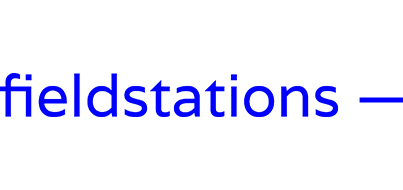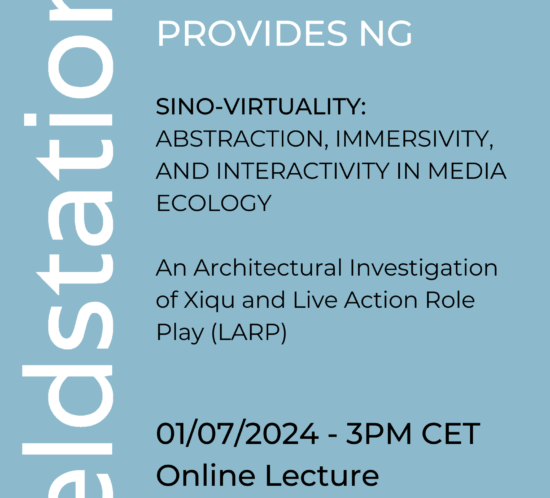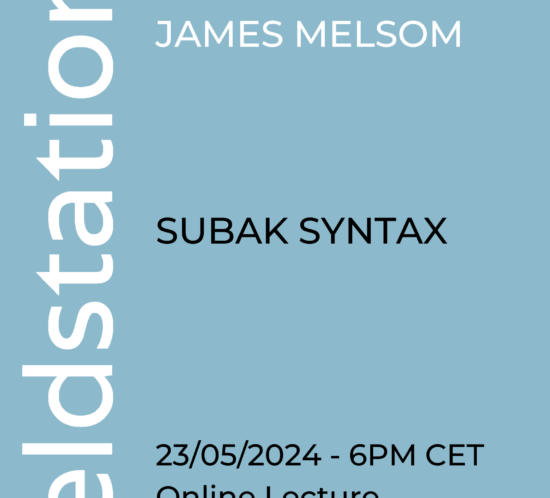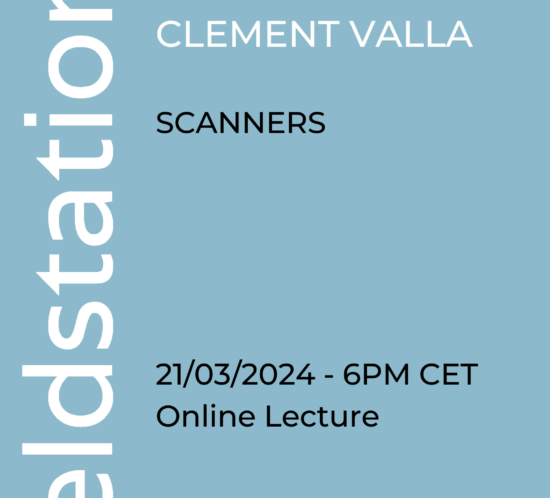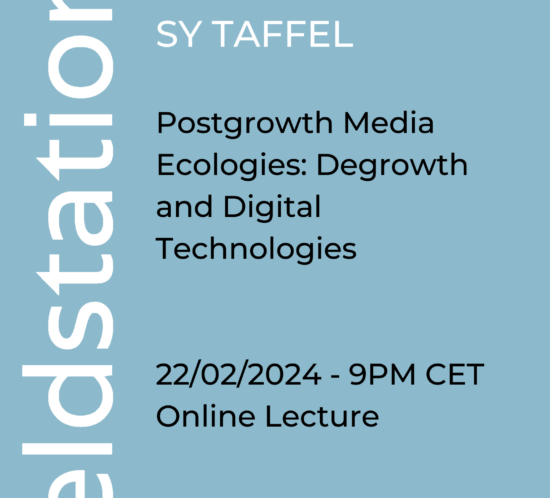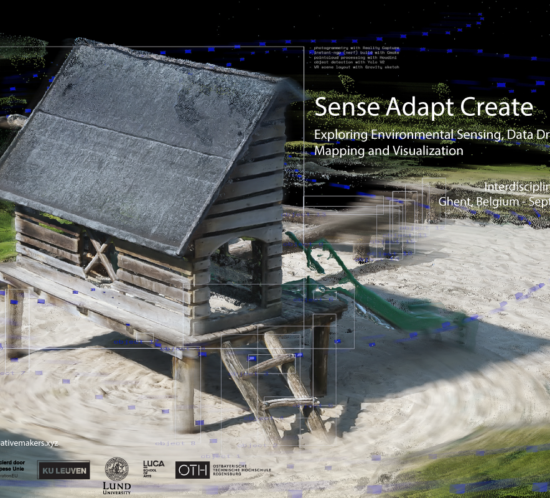SINO-VIRTUALITY: ABSTRACTION, IMMERSIVITY, AND INTERACTIVITY IN MEDIA ECOLOGY – PROVIDES NG
AN ARCHITECTURAL INVESTIGATION OF XIQU AND LIVE ACTION ROLE PLAY (LARP)
Virtuality, the state of existing in a non-physical manner, is a concept that can be interpreted in various contexts. Ancient Greek philosophy views perfection as existing solely in virtuality, it is a reality that is abstracted from measure. In the context of art, virtuality describes the interaction between the spectator and the artwork, generating a sense of interactivity at the socio-psychological level. In the realm of technology, virtuality encompasses the use of immersive computing devices, including virtual reality (VR) and algorithmic simulations. The diverse interpretations of virtuality contribute to new forms of communication deeply rooted in the historical evolution of human culture, perception, and the (un)structuring of societal value.
